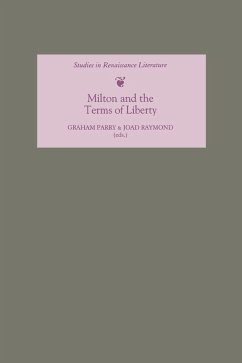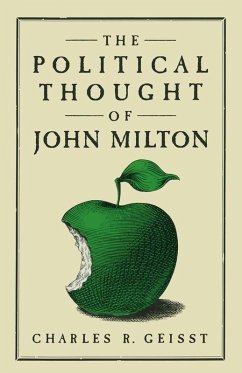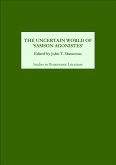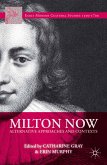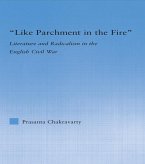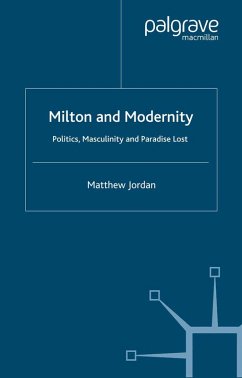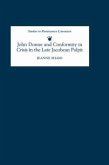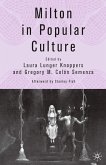Essays on Milton's developing ideas on liberty, and his republicanism, as expressed in his writings over his lifetime.
In his Second Defence of the English People (1654), reflecting on his career as a prose writer, prior to embarking on the composition of Paradise Lost, John Milton identified 'three varieties of liberty without which civilized life is scarcely possible, namely ecclesiastical liberty, domestic or personal liberty, and civil liberty'. In retrospect he was able to find in his earlier writings a systematic exposition of the grounds of freedom, and a commitment to expanding its domain through publication and polemic. Taking initiative from both the history of political thought and historicist aesthetics, the essays in this collection (which derive from the International Milton symposium at York) consider the conditions of liberty in Milton's writings, and the contested development of his republicanism, through his career as a civil servant and prose writer, through his great poems, to his posthumous reputation and the appropriation of his works; and they extend laterally to typologies of liberty, the realm of law, prosody, and religious faith and persecution.Winner of the 2002 Irene Samuel Prize for best composite work on Milton.
In his Second Defence of the English People (1654), reflecting on his career as a prose writer, prior to embarking on the composition of Paradise Lost, John Milton identified 'three varieties of liberty without which civilized life is scarcely possible, namely ecclesiastical liberty, domestic or personal liberty, and civil liberty'. In retrospect he was able to find in his earlier writings a systematic exposition of the grounds of freedom, and a commitment to expanding its domain through publication and polemic. Taking initiative from both the history of political thought and historicist aesthetics, the essays in this collection (which derive from the International Milton symposium at York) consider the conditions of liberty in Milton's writings, and the contested development of his republicanism, through his career as a civil servant and prose writer, through his great poems, to his posthumous reputation and the appropriation of his works; and they extend laterally to typologies of liberty, the realm of law, prosody, and religious faith and persecution.Winner of the 2002 Irene Samuel Prize for best composite work on Milton.
Dieser Download kann aus rechtlichen Gründen nur mit Rechnungsadresse in A, D ausgeliefert werden.

